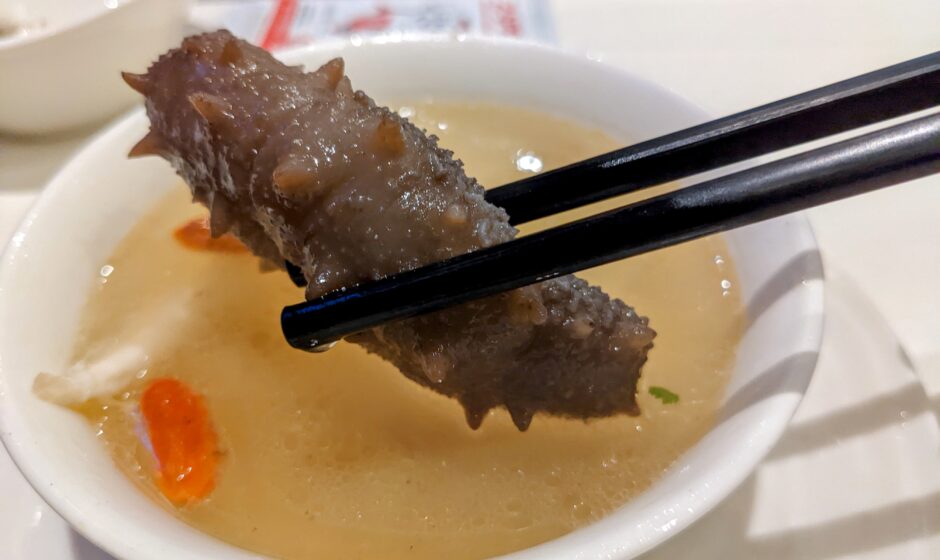In the pristine waters between India and Sri Lanka, a silent war is being waged. Not one fought with weapons and soldiers, but with nets and greed. The prize? Sea cucumbers, a marine creature prized in China for its purported health benefits and exquisite taste. But behind this seemingly harmless desire lies a dark and disturbing reality: a thriving sea cucumber crime industry.
Fueled by China’s insatiable appetite for this delicacy, seafood mafias have infiltrated these waters, operating like modern-day pirates. They exploit loopholes in regulations, employ destructive fishing practices, and engage in illegal trade, leaving a trail of devastation in their wake.
Once abundant in these waters, sea cucumber populations are now dwindling at an alarming rate. Their slow reproductive cycle and unsustainable harvesting make them particularly vulnerable to overexploitation. This not only threatens their very existence but also disrupts the delicate balance of the marine ecosystem. Sea cucumbers play a vital role in maintaining coral reefs, cleaning the seabed, and providing food for other marine creatures. Their disappearance could have far-reaching consequences for the entire marine food chain.
The illegal sea cucumber trade operates through a complex network, often involving local fishermen, middlemen, and international traders. They bribe officials, forge documents, and use sophisticated technology to evade detection. The profits are immense, with a single sea cucumber fetching hundreds of dollars in China. This lucrative trade fuels greed, corruption, and violence, creating a web of illegality that is difficult to dismantle.
The fight against sea cucumber crime requires a multi-pronged approach. Stricter enforcement of existing regulations and improved monitoring of fishing activities are crucial. International cooperation is essential to track and disrupt the criminal networks operating across borders. Raising consumer awareness about the devastating impact of this trade is also critical.
But perhaps the most important weapon in this fight is the power of knowledge. We need to educate people about the ecological importance of sea cucumbers and the harm caused by unsustainable harvesting. We need to encourage responsible consumption and promote alternative sources of income for communities reliant on the fishing industry.
The struggle to protect sea cucumbers is not just about saving a marine creature; it is about protecting the delicate balance of our oceans. It is about fighting against corruption and greed. It is about ensuring a future where we can enjoy the bounty of the sea without jeopardizing its very existence.
This is not a fight we can afford to lose. We must stand together and raise our voices against this injustice. Let us not be a generation that allows greed to plunder the treasures of our oceans and leave behind a barren wasteland. Let us be a generation that chooses sustainability over exploitation, and protects the marine wonders for generations to come.
Only then can we truly appreciate the true value of a sea cucumber, not just as a delicacy, but as a vital piece of our interconnected world.

